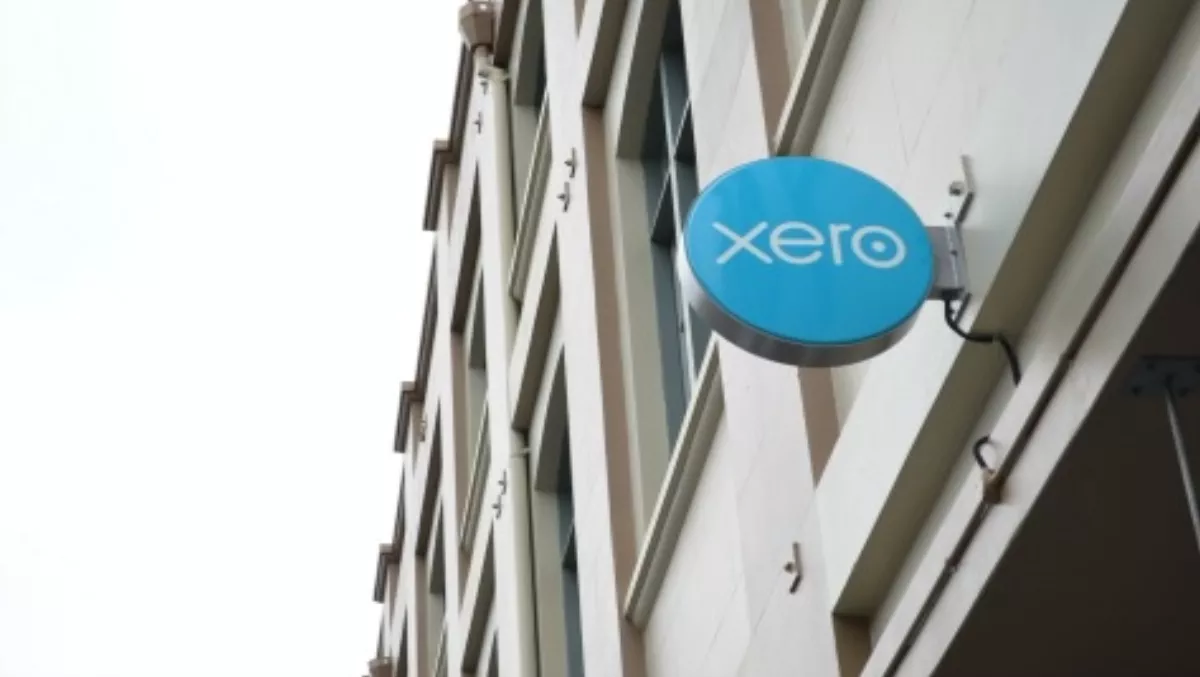
UPDATE: Air New Zealand forecasts fare discounts; yield pressure looming
The only cloud on Air New Zealand's horizon in coming months will be yield pressure as it faces more competition from foreign-owned airlines due to lower fuel costs while it's adding significant capacity to its own network.
This will benefit travellers with the airline saying the public can expect competitive pricing in the next six months as it adds 12 per cent capacity on its network.
Forsyth Barr head of research Andy Bowley said there hasn't yet been much of a competitive impact from other airlines due to lower fuel prices but that will change as forward hedging cover comes off progressively in the next 12 months.
"With the increased supply we expect to see lower prices on long-haul routes into Asia in particular. Air New Zealand has more ability to lower prices with more efficient aircraft and lower fuel prices but there will be some pressure on yields in the next six to 12 months," he said.
Overall yields were up 3.8 percent in the half-year result out today, with domestic yields up 3.9 percent, the Tasman and Pacific Island by 0.9 percent and international by just 0.3 percent.
The airline announced a record 20 percent lift in normalised earnings before tax of $216 million for the six months ended Dec. 31. However, statutory net profit fell 6 percent to $133 million due to equity accounting losses of $14 million from its cornerstone stake in Virgin Australia, tax increasing $35 million to $64 million, and fuel hedge losses.
Revenue rose 3.4 percent to $2.4 billion in the first half, compared to the same period a year earlier.
Investors reacted positively to the result, pushing the airline's share price up 7 percent to $2.74 per share, with the share price rising nearly 57 percent in the past year in line with advances achieved by its rival Qantas.
The airline saved only around $20 million from lower fuel prices, down 13 percent in US dollar terms, in the first half, which was partially offset by hedge losses of $26 million. Based on current fuel prices, it expects net savings on fuel costs in the second half of this year of around $82 million and a net benefit of $249 million in the 2016 financial year.
The company has said there is likely to be a significant improvement in second-half earnings if fuel prices remain low.
Chief executive Christopher Luxon said Air New Zealand's added capacity was more likely to drive cheaper travel than lower fuel prices. The airline is spending $3 billion on new larger aircraft over the next six years and is adding 10 aircraft to its fleet this year, including several ATR72-600s that will service domestic flights.
"We now have to fill these aircraft and will have to stimulate the market to fill those seats. There will have to be discounting of those seats to fill these planes up," Luxon said.
He also said initiatives like the reintroduction of the popular Night Rider service and its extension to regional New Zealand have been a hit, as have Grabaseat's low priced long haul fares to destinations like Los Angeles and Tokyo.
"In the last three years, whether fuel prices have been high or low, this company has been very fit and competitive with low-cost carriers, Asian carriers, and all over our network. Air New Zealand has been able to compete with anyone and do it well," Luxon said.
Air New Zealand recommenced flying the Auckland to Singapore route last month and has also announced a codeshare agreement with Aerolineas Argentinas for the first direct Air New Zealand service to South America, starting at the end of the year. Luxon said he hoped New Zealand could become a hub for Asians and Australians wanting to fly to Buenos Aires.
The airline is also considering a fourth destination city in the US because of increased demand, with tourism numbers out of the US to New Zealand up 11 per cent. Luxon would say only the airline was considering several destinations on the eastern seaboard, though speculation centres on Chicago, Houston and Las Vegas.
The board declared a fully imputed interim dividend of 6.5 cents per share, an increase of 44 percent on the previous corresponding period.
Luxon said the airline was comfortable with its existing 25.9 per cent stake in Virgin Australia, which this month narrowed its losses for the first half to A$47.8 million, compared to a loss of A$74.3 million for the previous corresponding period. He said both the board and Virgin management were focused on getting the airline, which has called a truce on its domestic price war with Qantas, into profitability.

